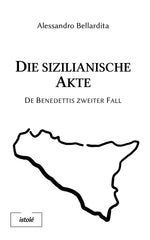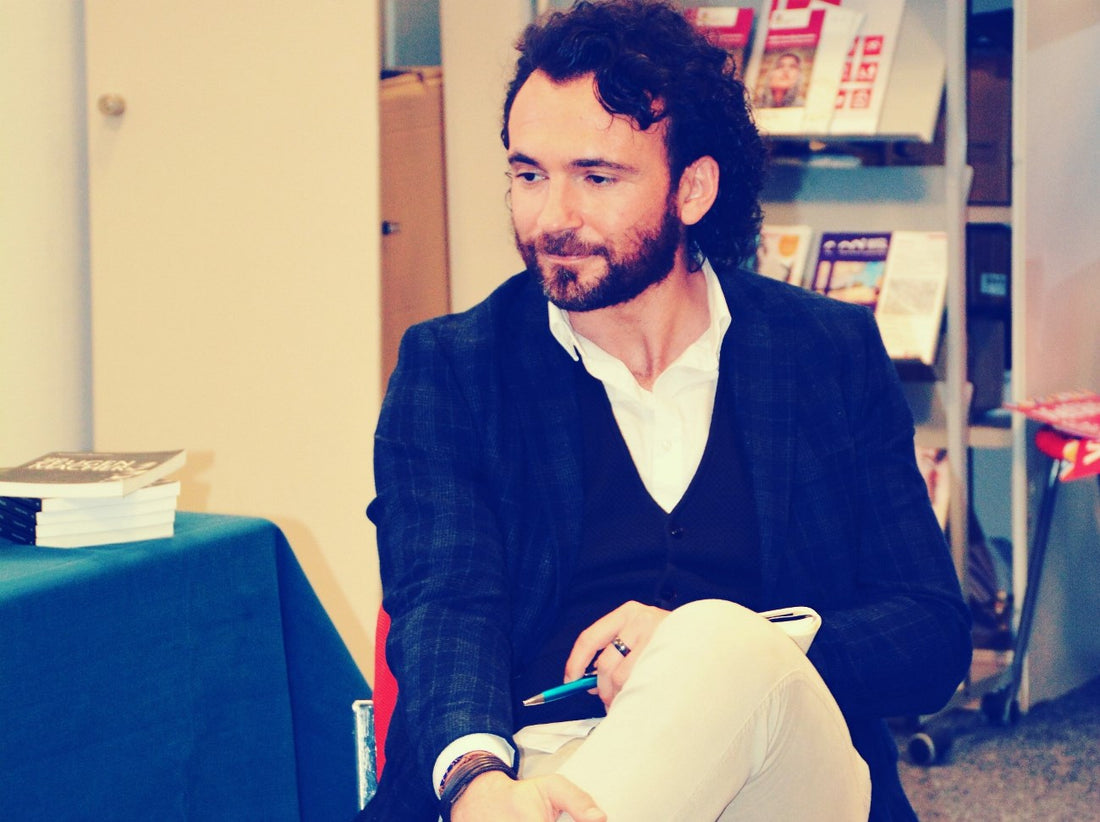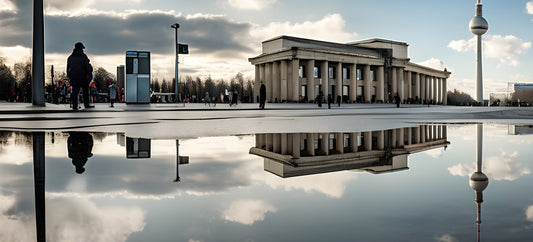
With this crime novel, the author Alessandro Bellardita provides an exciting and creative insight into the machinations of organized crime. The plot, embedded in Heidelberg in the 2010s, picks up on the mafia investigations of the 1990s and provides a convincing review of important moments in this long-standing investigative story.
In a conversation with the publisher, Bellardita explained the background to the creation of his crime novel.
Interview with the author, February 2024:
With your new novel “The Sicilian case” you continue a crime series that revolves around the investigative work of the Heidelberg public prosecutor De Benedetti. What makes this investigator stand out as the main character in a series of novels?
De Benedetti is not a typical investigator, detective or detective. De Benedetti is a public prosecutor, and this gives the reader a very special insight into the world of investigations. But De Benedetti is also a completely normal guy with a lot of quirks. As a single father of a pubescent daughter who supports her father in the midst of his disorientation, he is downright overwhelmed. He also has a lot of fear of commitment and doesn't know whether he should move in with his girlfriend, who is much younger. And lastly: He has an Italian mother who ensures that the best of the best is served on Sundays.
What inspiration have you drawn from Italian history when it comes to investigating organized crime?
When the investigating judges Giovanni Falcone and Paolo Borsellino were murdered in 1992, I was 11 years old. My uncle was a police officer in Palermo at the time and worked for Falcone for three years. His stories, his stories in the summer of 1992, shaped me. Since then, I have been very intensively involved in the fight against organized crime, especially the Italian mafia, both from a historical perspective and from the perspective of an investigator. Between 2015 and 2017, I worked as a public prosecutor in the department to combat organized crime.
Giovanni Falcone coined a new investigative method, also known as the “Falcone Method.” This involves financial and structural investigations, scene research and long-term surveillance of Mafiosi. This method led to the largest anti-mafia trial in Italian history: the Maxi Trial in Palermo with over 400 defendants. This is a great source of inspiration.

Do you also have contact with the Italian mafia in your work in the judicial service?
Unfortunately yes, as a public prosecutor and as a detention and investigating judge. The mafia in Germany is very active. Germany is not a place of retreat for the Italian mafia, but rather a place of action. And that is a bitter reality.
How high do you estimate the number of unreported mafia activities in Germany?
The Federal Criminal Police Office currently believes there are around 1,000 mafia members living in this country. Italian experts assume at least 5 times the number. I am of the opinion that the Calabrian 'Ndrangheta alone has at least 3,000 members here in Germany.
In addition to the entertainment factor, should your novel also appeal to the reader?
Definitely. I would say: a wake-up call! The Italian mafia controls over 80 percent of the global cocaine trade. The economic damage it causes here is immense – and not just through money laundering. We have looked passively for too long.
Is your book also aimed at your colleagues in the judicial service?
Only partially. My colleagues know the problem, at least most of them. However, you can still benefit from reading it, especially because of the historical background. But my target group is more the general public.

How tenable is prosecutor De Benedetti's suspicion that the mafia is secretly cooperating with Islamic terrorism?
This is one of the most exciting questions of all. There is concrete evidence of this, particularly with regard to arms deliveries from the mafia to IS members. And then another point: Is it a coincidence that there has not been a single Islamist attack in Italy so far?
The interview was conducted by Christian Leeck. Machine translated from German.
Wuppertal, February 2024.




